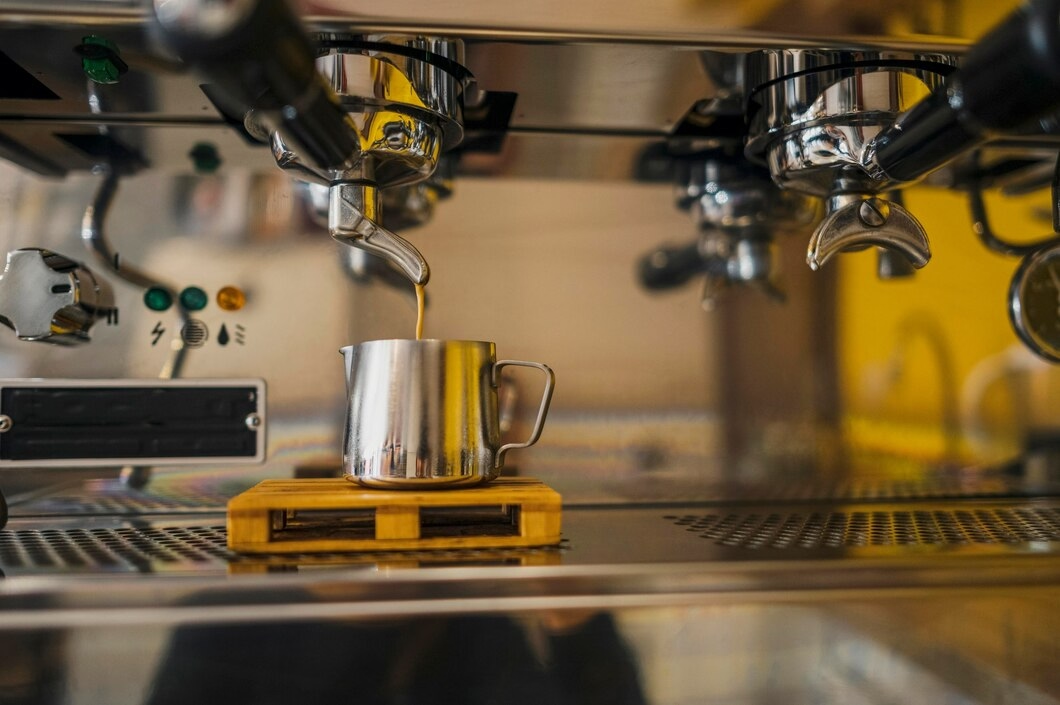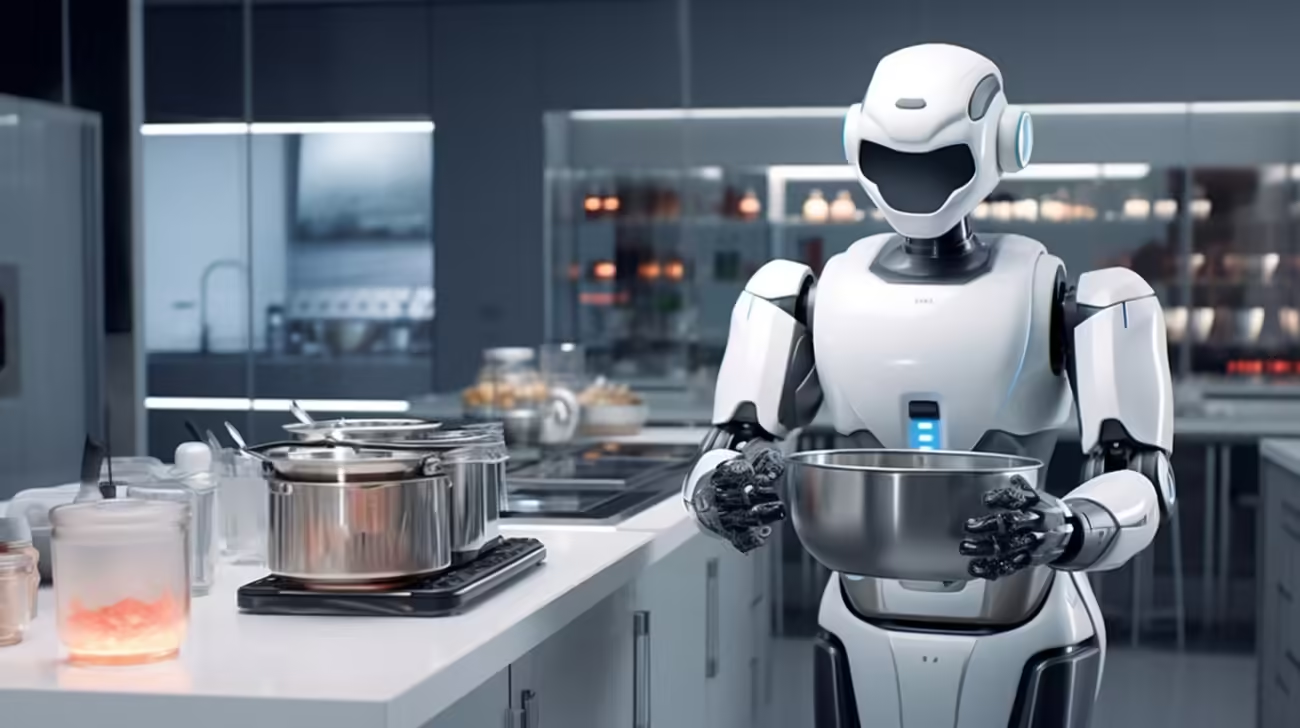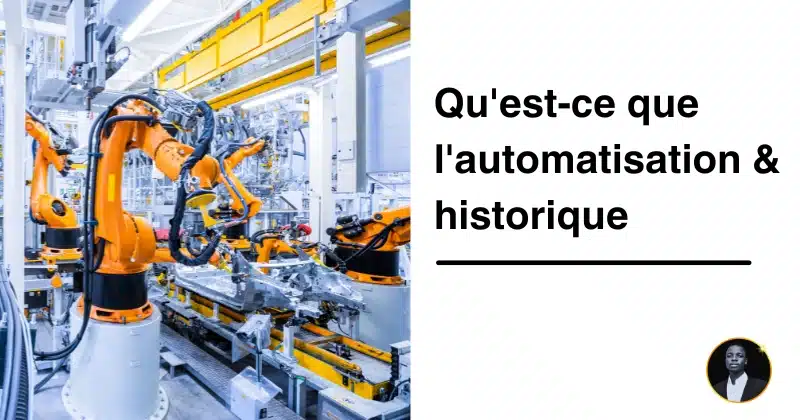Automation is a concept that has revolutionized the way we work, produce and even live our daily lives. But what do we really mean by "automation"? And how has it evolved over the centuries? The aim of this article is to define automation and present its rich history, from its earliest manifestations to the modern era of artificial intelligence.
What is Automation?
Definition of Automation
Automation is the use of technology to perform tasks with minimal human intervention. It relies on systems capable of controlling and regulating mechanical or computerized processes to perform operations autonomously. These systems can include machines, robots, software, or combinations of these elements.
Automation types
- Mechanical Automation : Use of mechanical devices to perform repetitive tasks (e.g. water mills).
- Electronic Automation : Systems using electronic circuits and computers to control operations (e.g. automated production lines).
- Automation through Artificial Intelligence : Integration of AI algorithms to perform complex tasks requiring cognitive abilities such as learning and decision-making.
Benefits of Automation
- Increased efficiency: Automated systems can run 24/7 without a break.
- Accuracy and error reduction: Machines can perform tasks with greater precision than humans.
- Cost reduction: Less dependence on labor for repetitive, routine tasks.
- Improved safety: Reducing risks for workers by automating hazardous tasks.
History of Automation
Antiquity and the Middle Ages

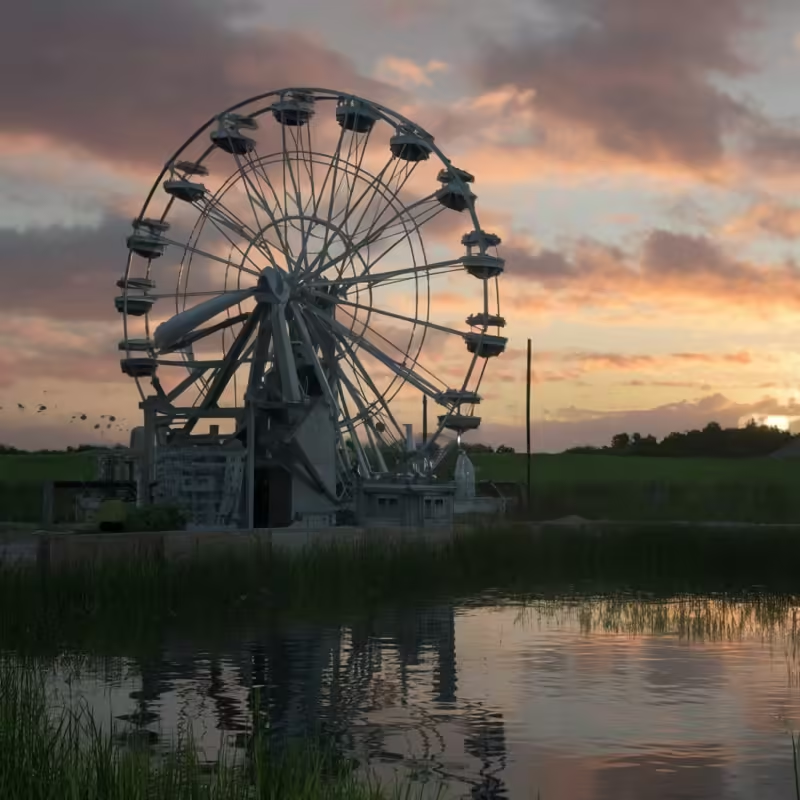
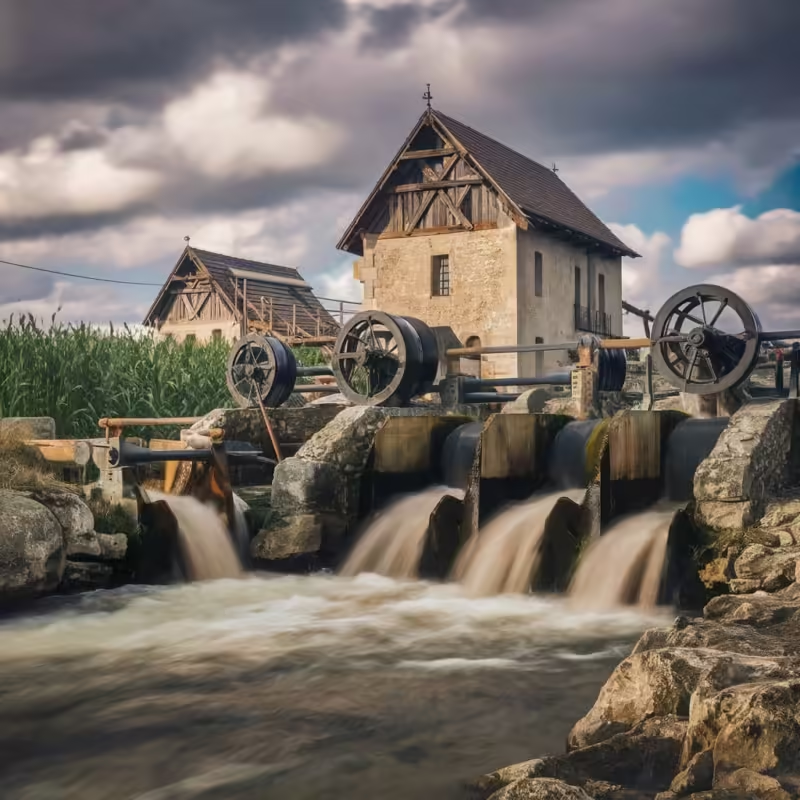
The first forms of automation date back to antiquity. The Greeks and Romans used mechanisms such as watermills to automate certain agricultural and industrial tasks. During the Middle Ages, mechanical clocks and devices such as the windmill continued this trend.
Industrial Revolution (18th and 19th centuries)
The Industrial Revolution marked a crucial stage in the history of automation. James Watt's invention of the steam engine and the development of machines such as the power loom transformed production methods. Factories became the center of mass production, using machines to increase productivity and reduce dependence on human labor.
20th Century: The Era of theElectronics
The 20th century saw the emergence of electronic automation. Advances in electronics and computing enabled the creation of more sophisticated automated control systems. Automated assembly lines, popularized by Henry Ford in the automotive industry, are a notable example. Computers began to be used to control industrial processes, marking the beginning of digital automation.
Modern Automation and AI
The advent of artificial intelligence has revolutionized modern automation. AI systems can analyze data, learn new information and make complex decisions autonomously. Here are just a few examples of AI-powered automation in various sectors:
1. Industry and Manufacturing
Industrial robots equipped with AI can assemble products, control quality and even perform predictive maintenance tasks. These robots are capable of learning and adapting to new tasks, improving the efficiency and flexibility of production lines.
2. Financial Services
Banks and financial institutions use AI algorithms to analyze transactions, detect fraud and manage investment portfolios. AI-driven automation enables rapid and accurate analysis of complex financial data, reducing risk and improving decision-making.
3. Health
AI-driven automation is also transforming the healthcare sector. AI systems can analyze medical images, help diagnose diseases and even plan personalized treatments. For example, deep learning algorithms can detect anomalies in X-ray scans with an accuracy comparable to that of human radiologists.
4. Transport
Autonomous vehicles are one of the most advanced developments in AI-powered automation. These vehicles use sensors, cameras and image processing algorithms to navigate and make decisions in real time, reducing the risk of accidents and improving transport efficiency.
Summary
Automation is an ancient concept that has evolved over the centuries to become an essential component of our modern world. From the first mechanical machines to sophisticated artificial intelligence systems, automation has constantly pushed back the limits of what we can achieve without direct human intervention. By understanding its history, we can better appreciate current technological advances and anticipate future innovations that will continue to transform our society.
The future of automation, especially with AI, is promising, offering unprecedented opportunities to improve efficiency, reduce errors and create innovative solutions to complex problems. However, it is crucial to navigate these advances with careful attention to ethical implications and employment impacts to ensure beneficial and equitable deployment of these revolutionary technologies.

